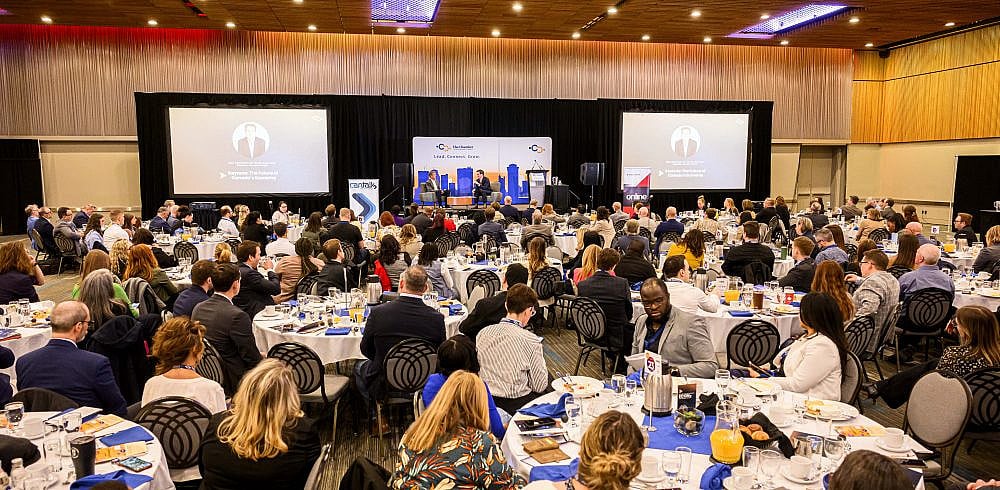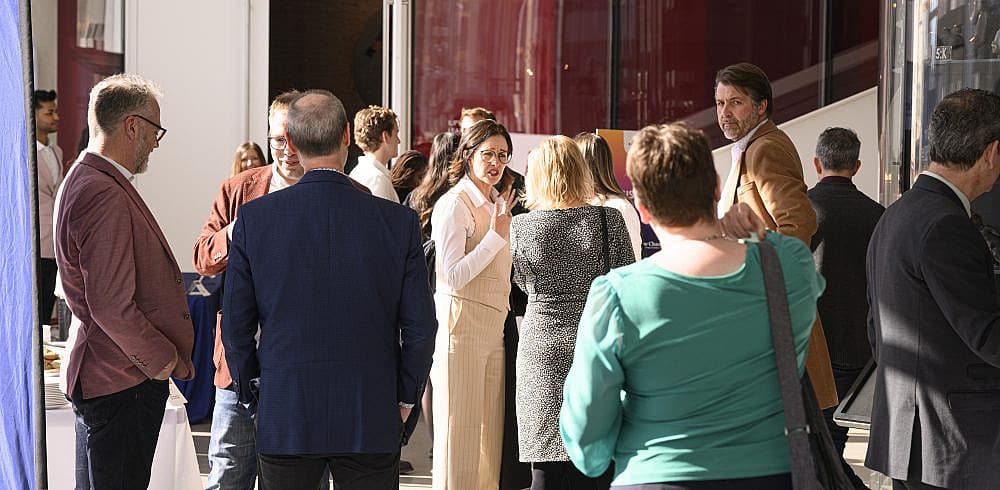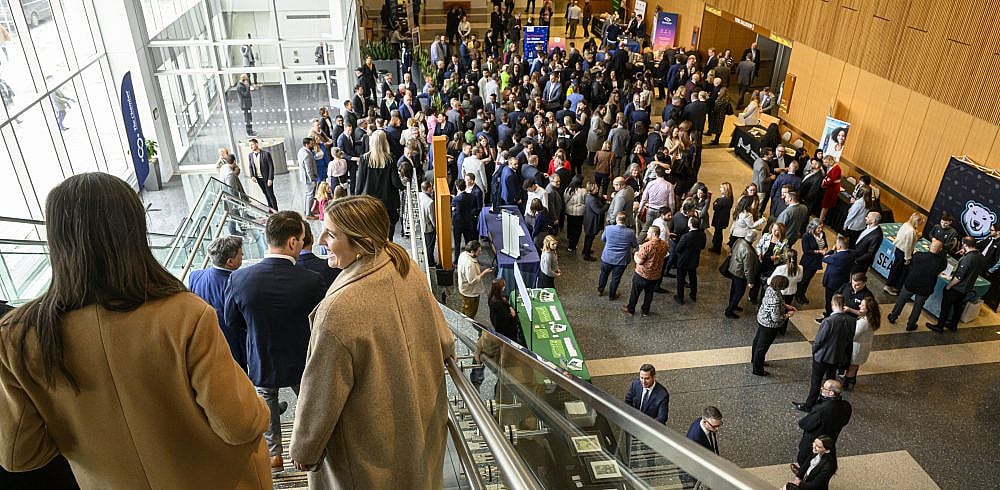4-minute read
Written by Kerry Harris, Director of Policy & Engagement
Reflecting many of The Chamber’s Performance Playbook: 2022 Civic Election recommendations, the City’s proposed 2023 budget released earlier this month provides Winnipeg with reason for optimism.
Going into the budget process and in subsequent meetings with Mayor Gillingham and senior city officials, our Chamber had been seeking a number of strategic actions in three key areas:
- Establishing a plan for a return to fiscal stability.
- Investing in city services for businesses.
- Enhancing economic competitiveness and growth.
The proposed budget includes investments in city services, safety, transit, road renewal, and arts while keeping tax increases in line with Mayor Gillingham’s election commitments. Given the current inflationary environment, it is encouraging to see a clear property tax distribution shift for businesses and residents.
“The 2023 budget is a foundational budget, setting the stage for not just the next four-year budget but the longer term future of our city,” says Loren Remillard, President and CEO of The Winnipeg Chamber of Commerce. “By demonstrating that the City’s finances have indeed found the bottom from the pandemic hole and are beginning to rise, it creates stability; by making strategic investments in both our economic growth and social fabric, the budget creates confidence that our climb out of the hole will be successful.”
The proposed budget includes several key strategic investments that will support Winnipeg’s economic future and sets the tone for our competitiveness, including:
- Economic Development – expanding the Business Tax rebate to keep businesses off the rent-based business tax roll; investing in trade corridors to support the extension of the Chief Peguis Trail and the widening of Kenaston Boulevard; installing water and sewer infrastructure in CentrePort South; restoring the Winnipeg Arts Council’s annual grant; funding a consultant to begin operationalizing Naawi-Oodena (formerly Kapyong Barracks), and investing in more permits staff.
- Service – increasing funding for 311, developing Neighbourhood Action Teams to improve cleaning, plowing, and repair of public spaces, restoring transit to pre-pandemic capacity and developing a citizen portal.
- Infrastructure and Natural Assets – investing in Winnipeg’s tree canopy, in road renewals, in a nutrient removal plan for the North End Wastewater treatment plant, and in active transportation projects.
- Community Outreach/Safety/ Humanitarian – investing in 24/7 safe spaces for unsheltered people, funding for the Downtown Community Safety Partnership, launching a new transit security initiative and developing a Road Safety Action Plan.
The City’s top-up to the Financial Stabilization Reserve will provide stability while the City continues to face financial uncertainty associated with the COVID-19 pandemic. The Chamber looks forward to seeing the City’s plan for replenishing the Reserve and adjusting the current tax systems to support economic competitiveness and growth that will ensure businesses and citizens are prepared for the next community-wide challenge.
The Preliminary budget is being reviewed by the Standing Policy Committee, which began on March 3rd, and the Council will debate the budget on March 22nd.
The next four-year budget cycle, starting in 2024, will be critical in advancing these investments. The Chamber looks forward to working with City Council on behalf of its members to identify future opportunities that will improve the efficiency of operations. This will ensure that Winnipeg is a community with infrastructure and services able to support a vibrant and competitive business community.
To find out how you can contribute to the Chamber’s policy and advocacy efforts, contact Kerry Harris, Chamber Director of Policy & Engagement, at [email protected] or 204-803-7777




